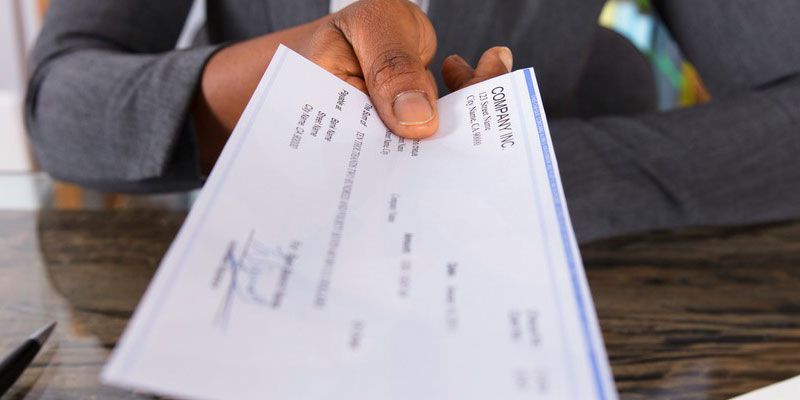Although age is merely a number, it plays a significant role in determining eligibility for Social Security retirement payments. When you reach the age of 60, you are eligible to begin receiving benefits from the government program you have contributed to during your working life. When you apply for benefits, your age will play a role in determining how much of a monthly payment you will get.
Waiting until you reach the full retirement age, which the Social Security Administration determines, is required for you to be eligible to collect the full amount of your Social Security payment. Depending on the year you were born, the age at which you are eligible for full retirement varies from 66 to 67.
The mandatory retirement age in the United States is 67 years old for those born in 1960 or later. If, on the other hand, you were born before 1960, you may consult the following table to see when you are eligible to start celebrating and receiving payments. The full retirement age was 65 before 1983, but Congress increased it because people lived longer and remained healthier as they age. This caused the age to rise to its current level.
Finding Your Full Retirement Age
At 62, you may make your first claim for Social Security benefits, but there is a catch: your monthly amount will be lowered if you make your claim before the full retirement age. If a person's full retirement age is 67 and they start receiving benefits at age 62, this indicates that their monthly benefit amount will decrease by roughly 30 percent. If the individual had been entitled to receive $1,000 per month at full retirement age, their monthly income would have been lowered to $700 instead.
On the other hand, if that individual delays receiving benefits until they are 67, they will be entitled to receive the full age. The situation will only improve; if they can delay retiring until they are 70, their monthly income may climb by as much as 8% per year.
In addition to your age when you retire, the monthly benefit amount is calculated using a formula that considers your greatest 35 years of earnings relative to the price level during that retirement period. You may establish a profile with the Social Security Administration and use it to get a rough estimate of the benefits you will receive.
How to Determine When To Start Social Security Benefits
When you can retire is dependent on several personal aspects, such as the amount of money you have saved up and the various potential sources of income you will have. A retirement calculator may help you determine whether or not you are on the right track with your funds. When determining the appropriate moment to begin receiving benefits from Social Security, the following are some questions you should ask yourself.

How Long Do Your Family Members Tend To Live
If you are from a healthy genetic line, meaning that you have a lot of ancestors who have lived to be in their 80s and 90s, and you also anticipate living a long age and being successful, delaying the filing of your taxes until you are 70 years old may be the best option for you. If you outlive the remainder of your investment income, consider requesting more padding on your Social Security payments.
Whether You're Still Working
As long as you keep working after you reach the age for full Social Security retirement benefits, you won't have to worry about a decrease in your payments. Benefit payments will be reduced by $1 for every $2 earned beyond the yearly limit for those who have begun receiving payments before reaching full retirement age but are still under it for the whole year. You'll have to pay this fine till the end of the year.
If You Want To Invest the Cash

No single place stipulates that you are compelled to spend the money you get from Social Security. You have various options for investing, including stocks, bonds, and real estate. One thing you can't do with your Social Security money related to investments is classified it as "earned income" to be eligible for contributions to an individual retirement account (IRA). However, you still have the option to invest via a standard taxed account. Keep in mind that some investments might be quite risky throughout a short period, making them inappropriate for any funds you anticipate needing shortly (the next five years or so). Compare this to the guaranteed return on your investment that you would get if you delayed filing your taxes and racked up additional delayed retirement credits.











